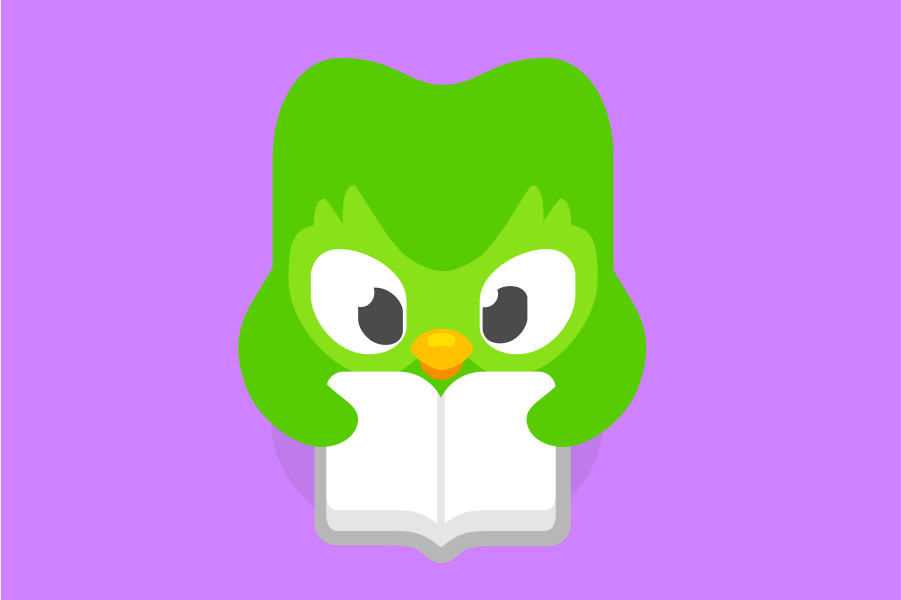If you're interested in learning a new skill this year, like speaking a new language or playing an instrument, it's easy to find resources to help. But how can you make learning tools work for you?
Here's how to set yourself up for success—no matter what you want to learn!
Think small
Learning can be hard work! Help yourself along by setting small-scale, realistic goals every few weeks. Instead of imagining where you want to be a year from now, think about what you can achieve by the end of the month—and at the end of the month, set a new goal for the next month, and then for the month after that.
Having many small goals allows you to regularly evaluate your progress and readjust your goals as necessary. For example, if you're learning a new language for the first time, you can use Duolingo's sections and units to set short-term goals, and you can also plan goals related to your interests—like understanding 5 new words in your favorite Bad Bunny song!
Keep yourself motivated
Many new skills take time to acquire. (Your first pandemic sourdough probably wasn't perfect, right?) It's important to stay motivated through the challenging early stages, especially if you're learning this skill for the first time. As adults, it's easy for us to forget what it's like to be new and clumsy at something!
To keep yourself motivated, find social support and build in rewards. Find what works for you, whether it's competing with friends (or a community online!), establishing a learning streak, or finding an accountability partner.
Maximize your attention
Not all study time is created equal: You'll need to help your brain focus on what matters! The world (and your office, and the subway, and the café) is full of distractions, and your attention is valuable. Be strategic about your study environment and habits so that your brain can prioritize the task at hand. You can even leverage your phone (and all those notifications) to support your new study schedule!
Build in repetition
For learning new information—whether its basic geometry or Spanish verb tenses—you'll need to review and practice it many times before it really sticks! That can feel frustrating for adults, but making mistakes and repeating information is all part of how your brain forms long-term memories. "Learning" is about creating new connections in your brain between what you already know and the new information, and those connections are strengthened every time you re-make the connection by recalling or using the information.
You can make the most of how your brain learns by spreading out your practice time and avoiding the temptation to "binge": It's better to chip away at your new skill a little at a time, over a longer period of time, to help build and then strengthen your memory—including muscle memory!
Use your new skill as soon as you can
Adult learners can be hesitant to put their new skill into practice for fear of making mistakes or feeling uncomfortable—but it's actually good for your learning to put yourself out there! If you're someone learning through lessons or classroom time, it can also be really rewarding to try out your new skill in the real world. For example, if you're a language learner, listening to music or watching TV and movies in your new language is a great way to see how much you've learned, identify gaps in your knowledge, and motivate yourself to keep going!
You've got the tools to learn something new!
With the right resources and strategy, you can learn a new skill this year. If studying math, music, or a new language is part of your New Year's resolution, Duolingo's got a course—and a science-backed method—so you can get started today!



